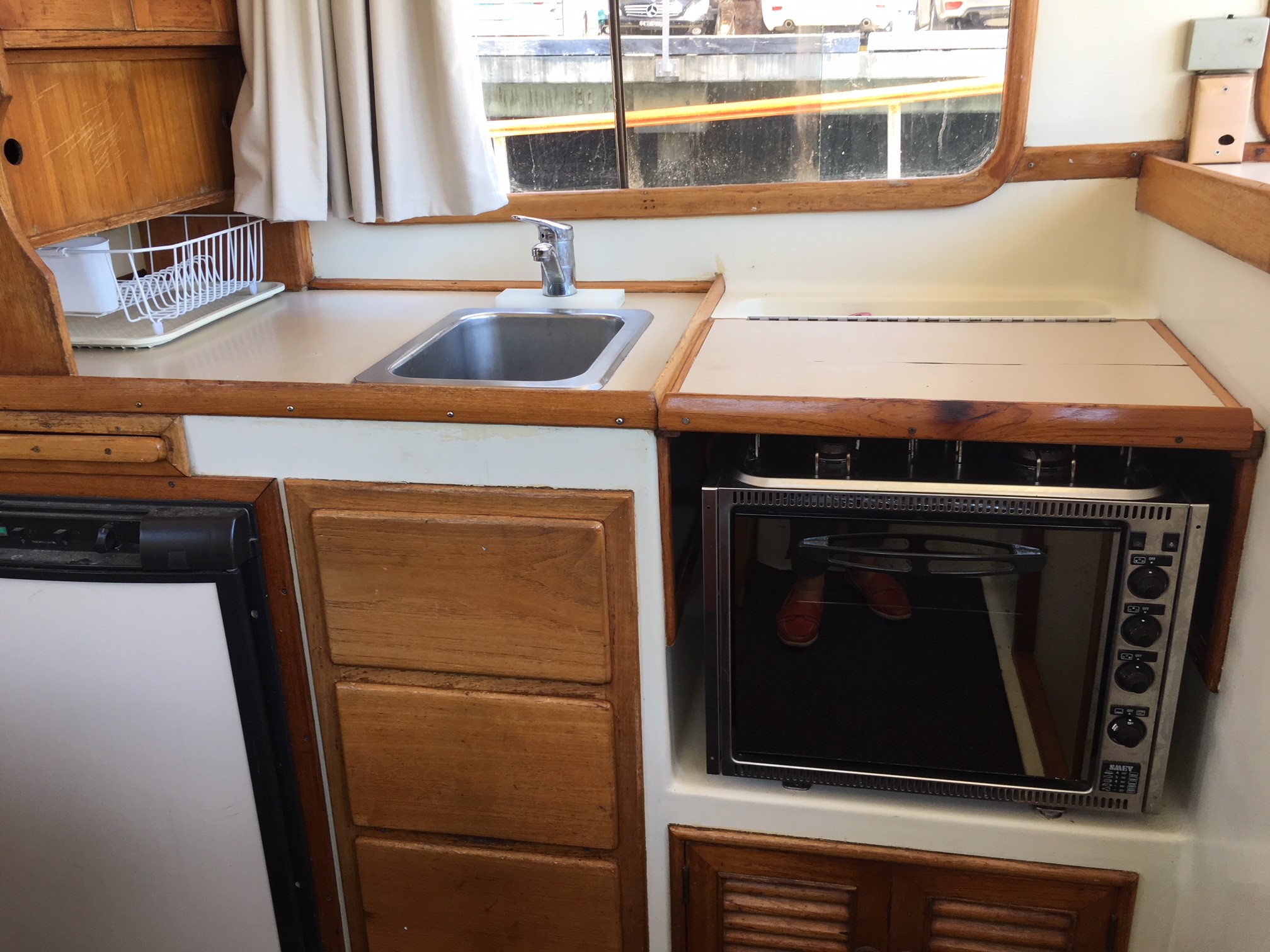Clipper 5 For Windows 7
Contents • • • • • • • • History [ ] Clipper was created by, a company that was started in 1984 by Barry ReBell (management) and Brian Russell (technical). In 1992, the company was sold to for 190 million dollars and the product was renamed to CA-Clipper. Clipper was created as a replacement for 's III, a very popular at the time. The advantage of Clipper over dBASE was that it could be and under as a. In the years between 1985 and 1992 millions of Clipper applications were built, typically for small businesses dealing with databases concerning many aspects of. For many smaller businesses, having a Clipper application designed to their specific needs was their first experience with software development. Also a lot of applications for and were developed, here especially in those cases where the application was considered too small to be developed and run on traditional.
Dec 17, 2009 - With Windows 7 support for IPX is no longer available. 5) Run ADSDOSIP and the Clipper application in the XP Mode virtual machine's.
In these environments Clipper also served as a for existing mainframe applications. As the product matured, it remained a tool for many years, but added elements of the and, as well as, and the code-block (hybridizing the concepts of dBase, or -evaluation, and ), to become far more powerful than the original. Nantucket's Aspen project later matured into the native-code compiler. Decline [ ] Despite these efforts in the early nineties under its new ownership Clipper proved to be unable to make a smooth transition from the to the era. As a result, almost no new commercial applications were written in Clipper after 1995. Three of the more important languages that took over from Clipper were, Microsoft Access,. Some existing Clipper applications continued in use for ten or fifteen years, requiring regular maintenance, but around 2015 the number of Clipper applications that were still used commercially on a daily basis was very small.
Revival by third-parties [ ] The Clipper language is being actively implemented and extended by multiple organizations/vendors, like from Alaska Software and, as well as (-licensed) projects like. Many of the current implementations are portable (,, ( and ), (32- and 64-bit), and ), supporting many language extensions, and have greatly extended, as well as various Replaceable Database Drivers (RDD) supporting many popular database formats, like, DBTNTX, DBFCDX (, Apollo, Comix, and Advantage Database Server), MachSix (SIx Driver and Apollo),, and more. These newer implementations all strive for full compatibility with the standard / syntax, while also offering OOP approaches and target-based syntax such as SQLExecute(). Usenet [ ] The Clipper are.
Compiling and running hello world program in clipper Programming in Clipper [ ] A simple - application:? 'Hello World!' 
I am a novice programmer running and maintaining a few clipper programs at my business and at home. I use Clipper 5.2 and run the programs on XP Home SP3. I assume I will have to get WIN 7 when one of my three machines needs replacing.

Beskonechnoe leto modi s also in order. I have been reading about clipper programs and 16, 32 and 64 bit operating systems on this site and am concerned about continuing to be able to use my clipper programs for some years to come. Is the standard version of WIN 7 32 bit? (With 64 bit being an “upgrade” option) 2. Do I understand correctly that my current programs WILL run under the 32 bit WIN 7 but not 64 bit?
If question #1 is true, then I need to be careful to get the standard WIN 7) 3. I’ve seen references to Harbour and XHarbour and looked at their websites. But if Question #2 is true then I don’t need to transfer to a different compiler, unless the programs were too sluggish. But IF I need to change compilers would Harbour be better than XHarbour for a real novice like me? I know this forum doesn’t get much use now. Is there any better site for people like me still using Clipper?
Thanks for the help RE: Clipper EXE's in 16, 32, 64 bit (MIS) 17 Sep 12 09:51. Hi Hardyone I also maintain a bunch of legacy clipper apps (Summer '87, 5.x) and have migrated them to newer hardware successfully.
Here are my personal opinions on your questions (others may disagree): 1. Neither 32 or 64 bit Win 7 is 'standard', but 64 is more commonly used. The big advantage is more memory addressability. The downside may be a lack of 64-bit drivers for older hardware (such as printers). Yes, 16 bit apps (Clipper 5.x for example) will run under Win7-32 very much like under XP. However, if you get Win 7 64 Professional, you can install XP-mode (free download), which is a fully licensed XP pro which runs under Win 7 in a virtual machine. That is the configuration I use on my support machines, because then I can run both 16 and 32 bit programs concurrently.